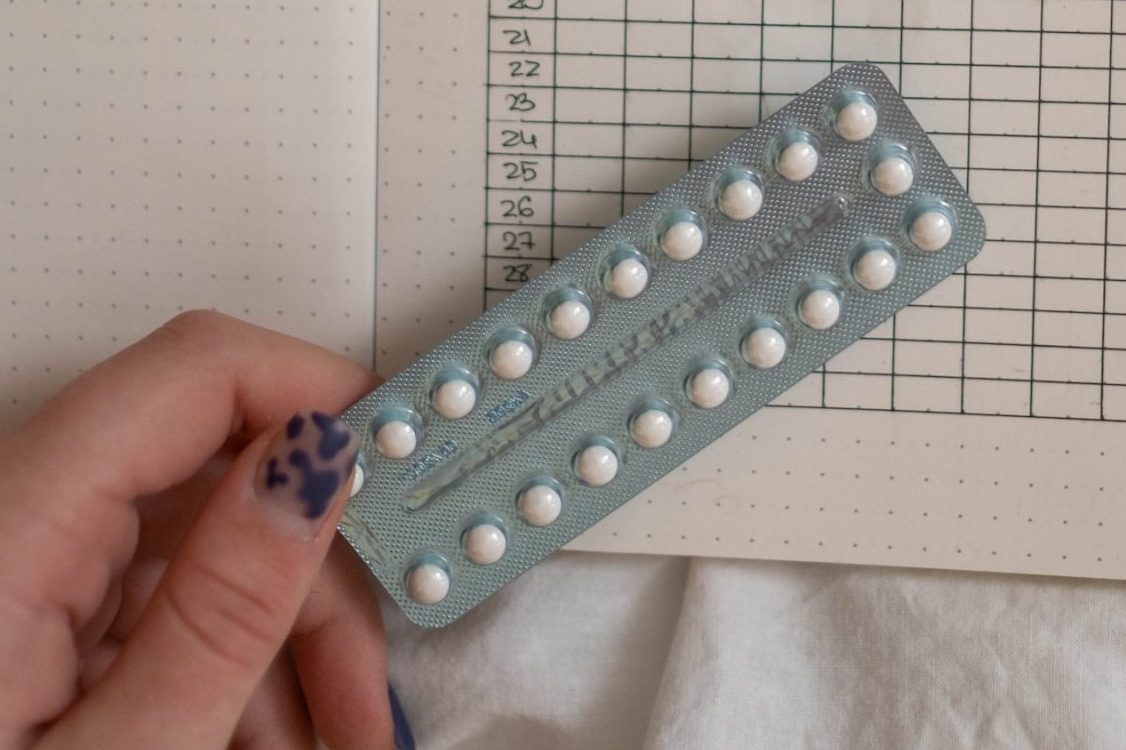
By Samantha Lock and Peter Bodkin in Sydney
WOMEN will have easier access to the pill in NSW and those with common skin conditions could be next as the state considers expanding pharmacy prescription trials.
Under the change, women will be able to obtain a prescription for a 12-month resupply of the oral contraceptive from their pharmacist without having to see a doctor, except if it is the first time they have taken the medication.
NSW chief health officer Kerry Chant said the government was looking at extending the trial’s scope after its success in treating urinary tract infections, particularly for women in regional areas.
Dr Chant said the focus of future trials was still being decided, but it would probably include common skin conditions such as shingles.
“We are exploring in a safe, methodical manner, the extension of the scope of access to the supply of medications,” she said.
More than 900 pharmacies across the state will take part in a 12-month trial for the resupply of the oral contraceptive pill, starting on Wednesday.
Queensland has also announced an expanded pilot program to allow pharmacists to prescribe the pill and asthma medications, among other common prescriptions.
NSW Pharmacy Guild vice president Catherine Bronger said the reform would give women more options, particularly in rural and remote areas.
“Whether they want to pick up their prescription for oral contraception at their pharmacy where it’s convenient for them, or they want to go back to the GP, it’s about more choice for those women,” she said.
Women will be saved from paying any out-of-pocket costs from visiting a GP for a prescription, while the government will pay participating pharmacists $20 for each consultation to help cover administrative costs.
Health Minister Ryan Park said the move was part of a plan to make it easier for people to access important medicines.
“This initiative is not only making it easier for people to access medicines, it is also alleviating pressure on our GPs and primary-care services,” he said.
An earlier, pilot phase of the NSW trial to treat basic health complaints through local pharmacies launched in May.
In July, it was expanded to include treatment for women suffering urinary tract infections, or UTIs.
Nearly 3000 women had been able to get easier access to assessment and treatment under the UTI prescription scheme in its first few months.
Doctors’ groups have repeatedly criticised pharmacy prescription trials in various states, saying they could endanger patients if the medicines were recommended without GP supervision.
Dr Chant said pharmacists underwent significant training and they could potentially help treat common skin conditions if they were able to prescribe higher levels of steroids.
Who can be trusted?
In a world of spin and confusion, there’s never been a more important time to support independent journalism in Canberra.
If you trust our work online and want to enforce the power of independent voices, I invite you to make a small contribution.
Every dollar of support is invested back into our journalism to help keep citynews.com.au strong and free.
Thank you,
Ian Meikle, editor









Leave a Reply